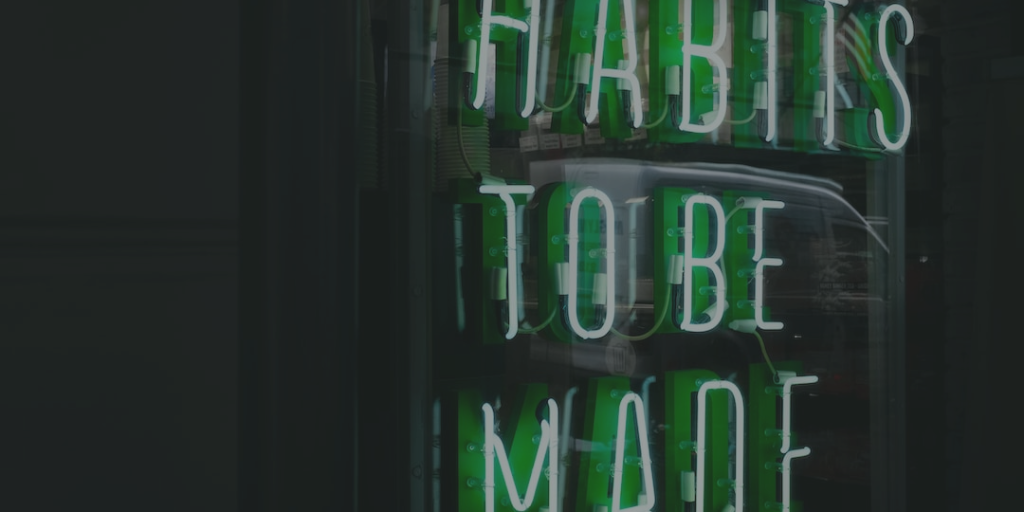What do you want to accomplish this year?
Every New Year’s Eve, millions of people around the globe celebrate with the hope that next year will be better than the last. For many Americans, this hope is accompanied by setting up New Year’s resolutions and according to Finder.com, unsurprisingly, that number is up this year. Based on recent survey data, the company estimates that 188.9 million adult Americans (74.02% of the population) say they’re determined to learn something new, make a lifestyle change, or set a personal goal to better themselves in 2021, a 15.17% increase from the previous year.
But, as most of us know first-hand, making a resolution is a lot easier than keeping it. We all know that “friend” who was committed to eating healthy and hitting the gym the first week of January, only to be back at their normal routine by mid-February. And that “friend” isn’t alone according to U.S. News and World Report, which estimates the failure rate for New Year’s resolutions is about 80%.
Making changes just isn’t as easy as we would like for it to be and that’s part of the problem. When it comes to any goals, and that includes New Year’s resolutions, our greatest challenge isn’t declaring a resolution, but consistently executing on practices that lead us to our goal, and that comes down to our habits.
As we think about you getting the most out of this year, here are a few insights that we believe could be helpful in chasing down your goals.
Remember, Our Environment Sets Us Up for Success or Failure
Many of our everyday decisions are shaped primarily by the placement of things around us. If our phones are next to us in bed, then it’s likely we will look at social media or check email before we go to sleep or immediately upon waking in the morning. If we have snacks on the counter-tops, then it’s likely we’ll grab one as we walk through the kitchen. Often our commitments are derailed because we just don’t have the willpower to overcome our environment. Just changing small things in our environment can have a huge impact on our ability to be successful in accomplishing our goals.
Don’t Let a Few Missteps Derail Your Goals
We get it. It is incredibly deflating when a goal is set, you start practicing with new commitments, and then you experience your first set back (e.g., mismanage your time, avoid an opportunity to provide helpful feedback, miss the workout, etc.). Unfortunately for most of us, this sets off a series of decisions where we start to make concessions that lead us away from our goal. We lose confidence in our ability to change and subsequently we settle for just going back to our previous behavior. As we chase down our goals, we need to keep in mind that falling short from time to time is common to all of us. When a misstep arises, rather than seeing yourself as a failure, ask yourself what you can learn from that moment and keep pressing forward. Your path to make the life changes that you want is not dependent on perfection, but on your resilience to bounce back and keep pressing forward.
Be Mindful of Your Energy Reserves
Regardless of whether we want to admit it, our energy is a finite resource and making habitual changes requires a lot energy. While it’s easy to acknowledge the benefits of a well-rested mind while reading this article, many of our schedules don’t reflect this truth in action. Consequently, we may be hampering our performance in making changes and not even realize it. As you look to make the most of this year, make sure you’re taking time to get enough sleep, eat well, and enjoying your favorite hobbies or pastimes. Small practices like this can make a huge difference in our ability to follow through on the changes we’re seeking to make.
—–
Reflective Thought: What the new year brings to you will depend a great deal on what you bring to the new year (Yern McLellan)


















